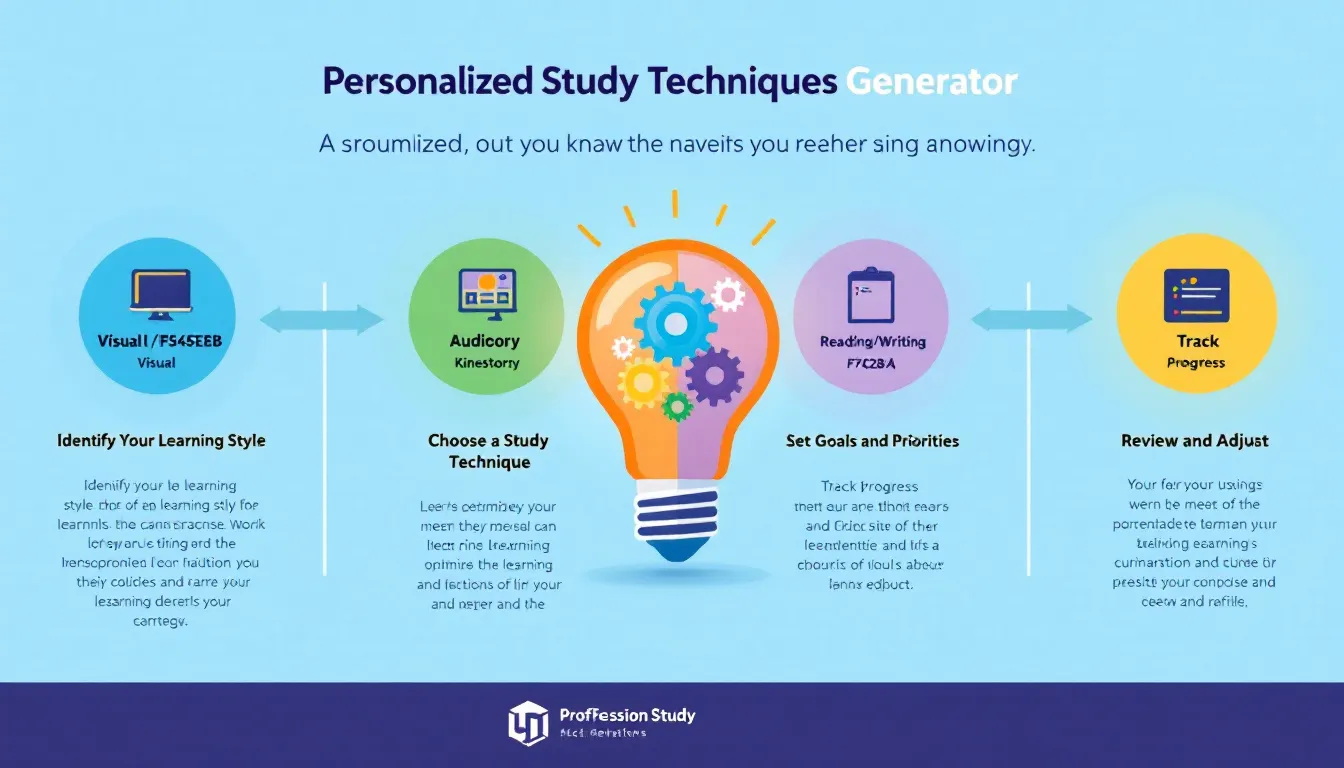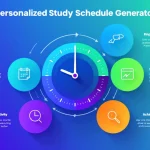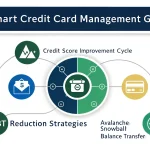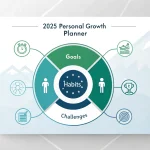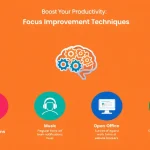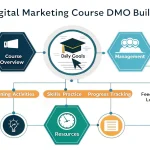Study Assistant
Is this tool helpful?
How to Use the Study Technique Generator Effectively
This Study Technique Generator creates personalized learning strategies based on your unique study habits, preferences, and goals. To get the most accurate and useful recommendations, follow these steps:
-
Describe your study habits, preferences, and strengths:
Provide a clear and detailed account of how you study, your preferred learning methods, and areas where you excel. Examples you could use include:- “I focus best during early afternoons, enjoy taking detailed notes, and struggle with retaining abstract concepts.”
- “I prefer hands-on learning through experiments and find group discussions very helpful, though I easily get distracted by noise.”
-
Specify your study goals or areas for improvement (optional):
Share any particular subjects or skills you want to improve. This helps the tool tailor strategies more precisely. Sample inputs might be:- “Enhance speed reading skills for dense scientific articles.”
- “Build stronger analytical skills for solving physics problems.”
-
Indicate the time you have available for studying (optional):
Let the tool know how much time you can dedicate daily or weekly for your studies. Examples include:- “45 minutes four weekdays and 3 hours over the weekend.”
- “2 hours every evening after dinner.”
- Generate your customized study techniques: Click the button to receive strategies personalized to your inputs.
- Review the recommendations carefully: Consider how each suggested method fits your routine and learning style. The tool offers immediate techniques for quick gains and habits to sustain long-term growth.
- Save your recommendations: Use the copy feature to save your tailored plan and refer to it during study sessions.
What is the Study Technique Generator and Why Use It?
The Study Technique Generator is an online tool that provides you with customized study strategies based on your unique learning habits, goals, and available time. Its purpose is to help you boost your academic performance by suggesting techniques that suit your natural preferences and address your specific challenges.
By using this tool, you gain practical, research-backed methods that improve focus, enhance memory, and make studying more effective. Instead of relying on generic advice, you receive targeted recommendations that help you save time and reduce stress.
Key Benefits of Using the Study Technique Generator
- Personalized study plans: Tailored to fit your learning style, strengths, and weaknesses.
- Better time management: Strategies match your available study hours to maximize efficiency.
- Improved engagement: Techniques aligned with your preferences increase motivation.
- Higher retention: Methods like spaced repetition and active recall boost memory.
- Reduced study stress: Clear, actionable plans decrease anxiety and build confidence.
- Versatility: Suitable across subjects and academic levels.
Practical Applications of the Study Technique Generator
This tool helps students overcome common study challenges by delivering actionable solutions tailored to individual needs. Here’s how you can apply it in real life:
Overcoming Procrastination
- Time blocking: Schedule fixed periods solely for focused study.
- Start-small approach: Begin with short tasks to build momentum.
- Accountability partners: Set shared goals with peers to improve commitment.
Boosting Focus and Concentration
- Single-tasking: Avoid multitasking to enhance attention.
- Environment setup: Create a dedicated, distraction-free study area.
- Mindful breaks: Use short mindfulness exercises between sessions.
Enhancing Memory and Retention
- Mnemonic strategies: Use vivid imagery or acronym methods.
- Spaced repetition: Schedule reviews over increasing intervals.
- Contextual learning: Connect new information with real-world examples.
Managing Multiple Subjects Effectively
- Interleaved practice: Rotate study topics to improve retention.
- Prioritized scheduling: Allocate time based on subject difficulty and deadlines.
- Study clusters: Group related subjects for integrated understanding.
Grasping Complex or Abstract Concepts
- Visualization techniques: Draw diagrams or flowcharts to map ideas.
- Teach-back method: Explain concepts aloud to identify gaps.
- Analogies: Relate difficult notions to familiar experiences.
Example Scenarios: Applying the Study Technique Generator
Scenario 1: Practical Learner Preparing for Chemistry Exams
User Input: “I learn best by doing experiments and hands-on activities. I find it difficult to understand chemical equations and reaction mechanisms.”
Suggested Techniques:
- Hands-on simulations: Use virtual lab software to practice chemical reactions.
- 3D models: Build molecular structures physically or digitally for better spatial understanding.
- Stepwise breakdown: Simplify complex equations into smaller, manageable parts.
- Study partner discussions: Explain reaction steps aloud to reinforce memory.
Scenario 2: Reflective Learner Improving Writing Skills
User Input: “I prefer quiet, uninterrupted periods for writing essays. I want to improve my critical thinking and argument structure.”
Suggested Techniques:
- Outline planning: Create detailed essay outlines before writing.
- Peer review: Exchange drafts for feedback and critical analysis.
- Critical questioning: Regularly ask ‘why’ and ‘how’ to deepen arguments.
- Timed writing sessions: Use focused time blocks with short breaks to maintain focus.
Scenario 3: Visual Learner Studying Advanced Mathematics
User Input: “Visual aids like graphs and diagrams help me the most, but I struggle with abstract proofs.”
Suggested Techniques:
- Graphical representations: Draw visual models of functions and theorems.
- Flow charts: Map proof steps to visualize logical progression.
- Color coding: Highlight different parts of formulas and their roles.
Mathematical Formulas in Study Techniques
The tool recommends employing spaced repetition to improve memory. The intervals follow an exponential pattern based on the forgetting curve:
The spacing intervals can be modeled by:
Where:
- (I_n) = interval before the (n^{th}) review
- (I_0) = initial review interval
- (k) = growth factor depending on retention success
This mathematical understanding helps schedule study sessions optimally for long-term retention.
Important Disclaimer
The calculations, results, and content provided by our tools are not guaranteed to be accurate, complete, or reliable. Users are responsible for verifying and interpreting the results. Our content and tools may contain errors, biases, or inconsistencies. Do not enter personal data, sensitive information, or personally identifiable information in our web forms or tools. Such data entry violates our terms of service and may result in unauthorized disclosure to third parties. We reserve the right to save inputs and outputs from our tools for the purposes of error debugging, bias identification, and performance improvement. External companies providing AI models used in our tools may also save and process data in accordance with their own policies. By using our tools, you consent to this data collection and processing. We reserve the right to limit the usage of our tools based on current usability factors.
